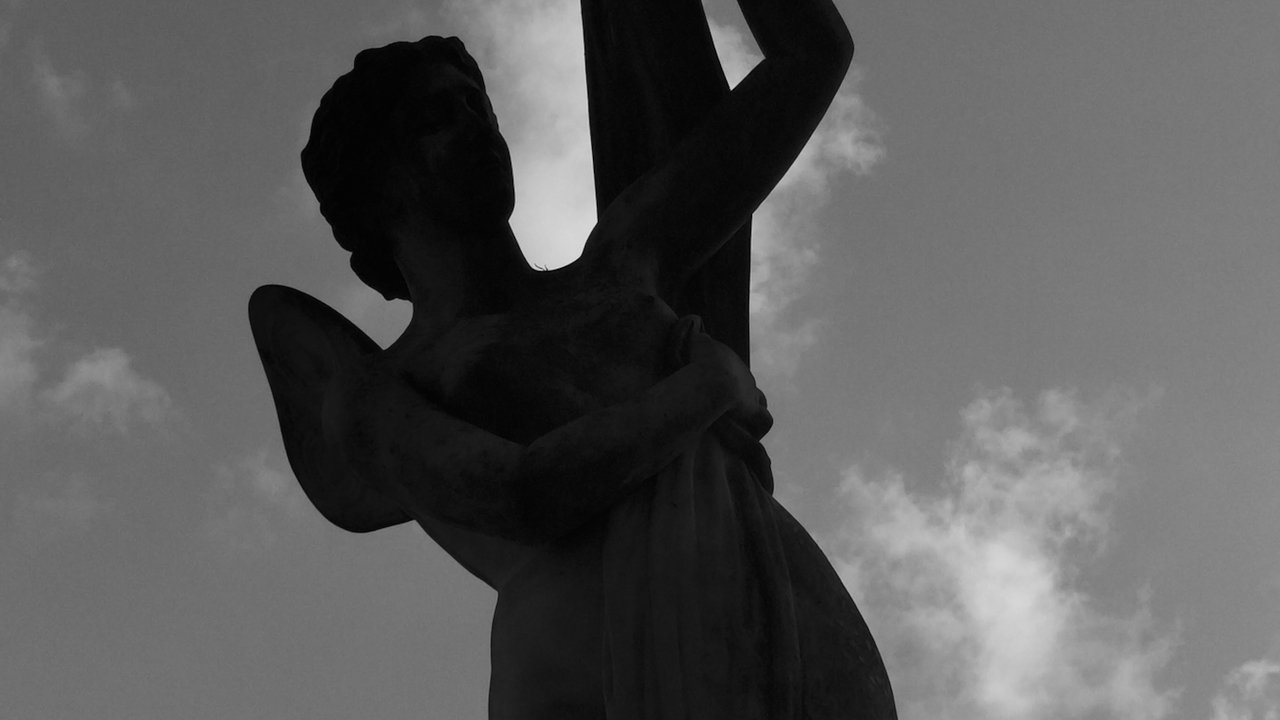Regret and Remorse
Which risk is most overlooked?
New York 2016
A useful distinction once existed between regret and remorse, but that seems to have slipped away. If you’re feeling combative about the English language—and you really should—perhaps that’s a reasonable spot to draw the line.
Do you already distinguish these words? A quick search tells me that many news organizations swap them without much forethought. Some politicians have regrets, other politicians have remorse, and both situations leave public policy and the language as victims.
Regret was once reserved for negative feelings about something that you didn’t do, and remorse was restricted for negative feelings about something you did.
There’s no reason to be didactic in teaching, or to impose artificial language standards without purpose, but some distinctions are useful to uphold. Whenever a precise word is lost, the ability to articulate a precise concept becomes more difficult.
You regret not studying literature more; you have remorse for your poor grades in literature class.
Both of these words quickly bump against some fundamental questions. And those questions are particularly notable during times of turmoil, chaos, and upheaval, in periods of stress and confusion. The words regret and remorse even hint toward the word risk, a concept that lurks in many minds this year, a concept that’s rarely spoken about directly, but remains a crucial part of the atmosphere, present in every conversation about decisions, trade-offs, consequences.
There’s no second chance once the lion chomps, against the river’s current, with the poisonous plant. Unforgiving conditions probably bias you toward extra care. An excess of regrets is certainly best in harsh and primitive environments.
And most people, it appears, are aware of those irreparable risks, as they have an intuitive sense about the risks of their actions. Even if those risks remain unarticulated, there’s a visceral understanding of consequences, of the potential for remorse. The same insight, however, doesn’t seem to arise when it comes to the risks of inaction. My sense is that most people significantly underestimate the costs of what they don’t do: the chances they forgo, the letters they don’t write, the trains they don’t take.
In nearly all the stories I’ve heard of loss, heartbreak, tragedy, mistake, in nearly all the tales of anguish and shame and bitterness that I’ve been told, there’s a familiar, but quite subtle, refrain: a focus on inaction. Remorse for a past error is rationalized or resolved or even forgotten; regret about the action not taken is what lingers.
Over a long enough period, most people permit themselves a bit of forgiveness. Even the most dreadful mistakes can be justified, or simply accepted, ushering in a sense of tranquility that still feels real. What appears unendurable are those memories of idleness, drift, the times of passivity.
There’s no escape, and there’s no solution, against the chasm that exists between these risks: there’s the potential for regret after inaction, and the potential for remorse after wrong action. But this predicament can also be clarifying—it forces you to recognize that you’re always choosing.




